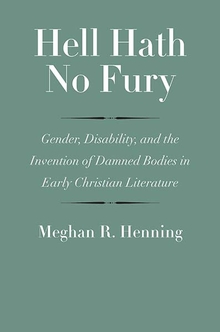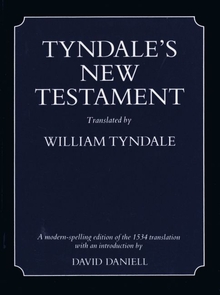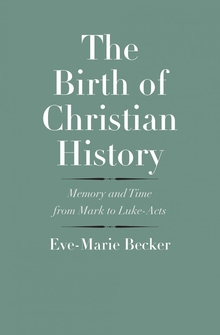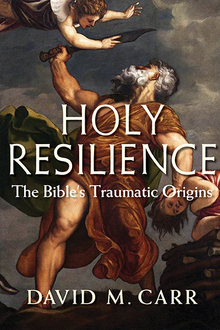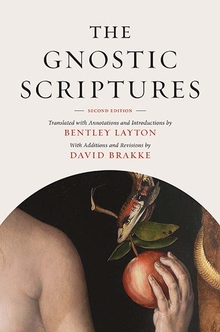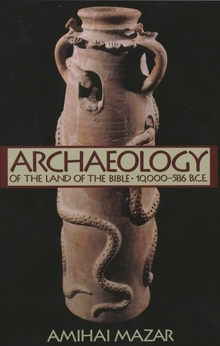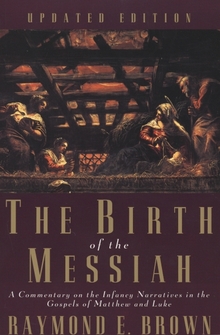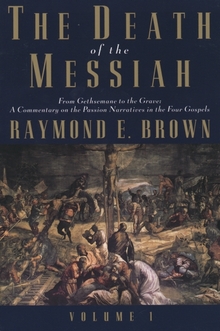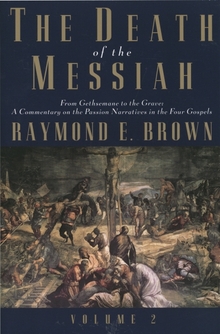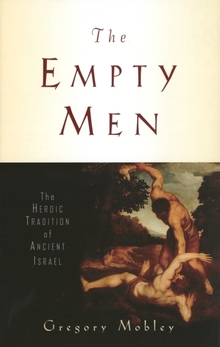Hell Hath No Fury
WARNING
You are viewing an older version of the Yalebooks website. Please visit out new website with more updated information and a better user experience: https://www.yalebooks.com
Gender, Disability, and the Invention of Damned Bodies in Early Christian Literature
Meghan R. Henning
The first major book to examine ancient Christian literature on hell through the lenses of gender and disability studies
“Enthralling, engaging, and challenging. . . . [Henning] has successfully given hell the right sort of attention, at last filling a major gap in the story and simultaneously charting new territory.”—Jarel Robinson-Brown, Los Angeles Review of Books
Throughout the Christian tradition, descriptions of hell’s fiery torments have shaped contemporary notions of the afterlife, divine justice, and physical suffering. But rarely do we consider the roots of such conceptions, which originate in a group of understudied ancient texts: the early Christian apocalypses.
In this pioneering study, Meghan Henning illuminates how the bodies that populate hell in early Christian literature—largely those of women, enslaved persons, and individuals with disabilities—are punished after death in spaces that mirror real carceral spaces, effectually criminalizing those bodies on earth. Contextualizing the apocalypses alongside ancient medical texts, inscriptions, philosophy, and patristic writings, this book demonstrates the ways that Christian depictions of hell intensified and preserved ancient notions of gender and bodily normativity that continue to inform Christian identity.
Meghan R. Henning is associate professor of Christian origins at the University of Dayton. She is the author of Educating Early Christians Through the Rhetoric of Hell.
Publication Date: September 28, 2021

